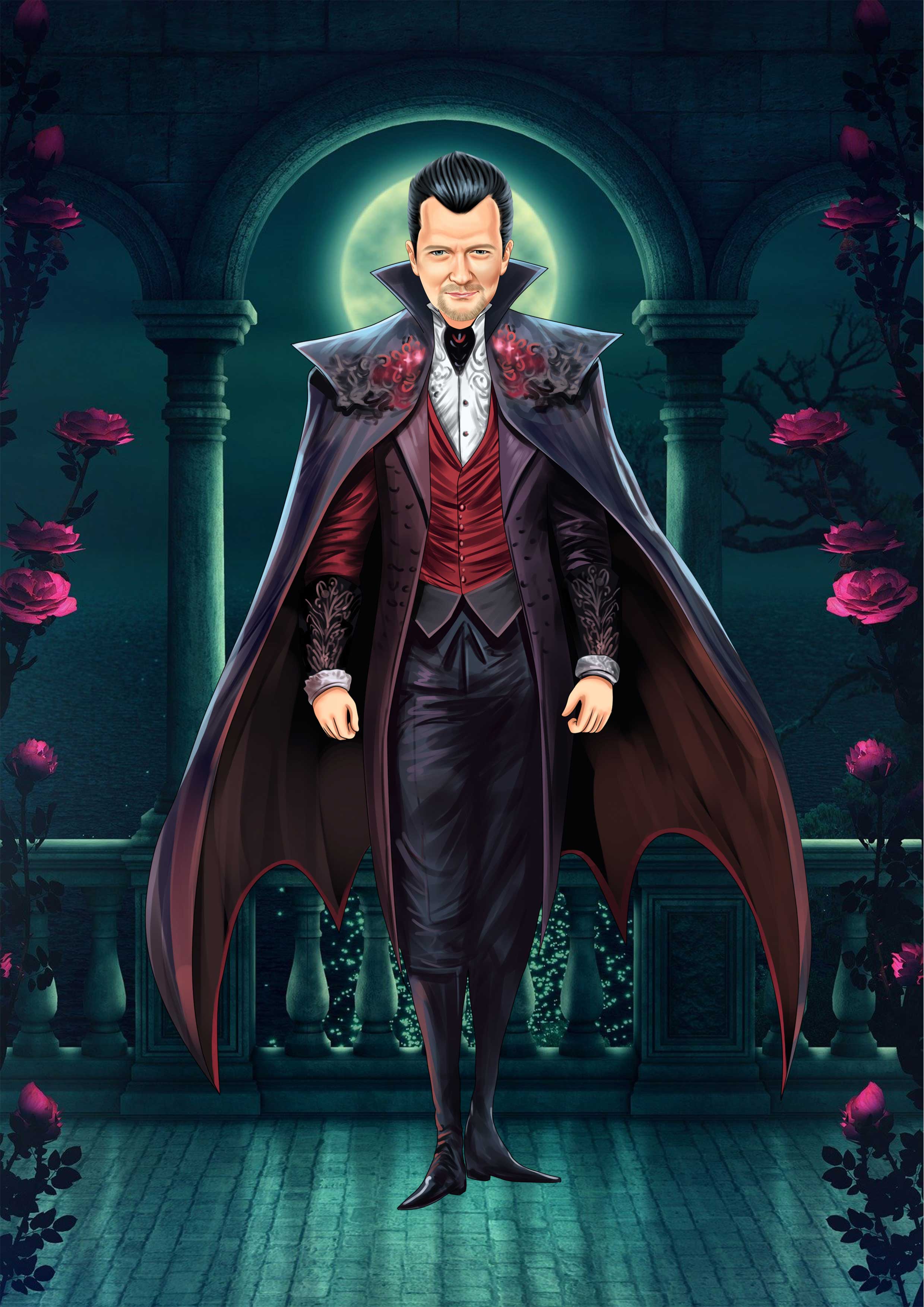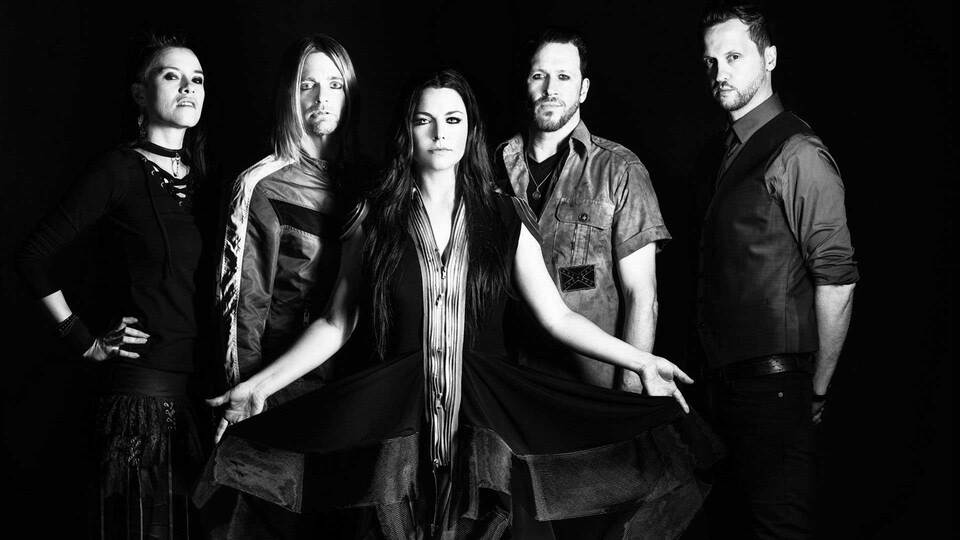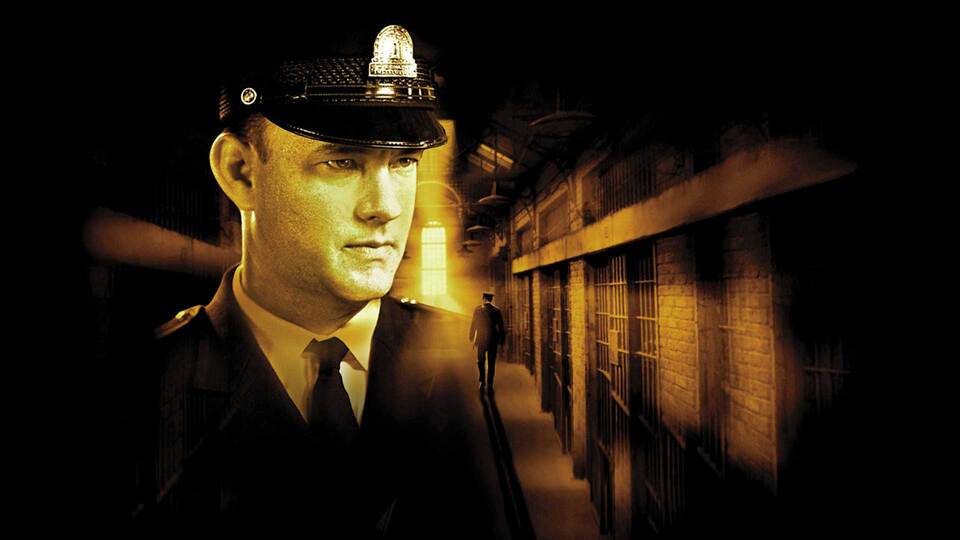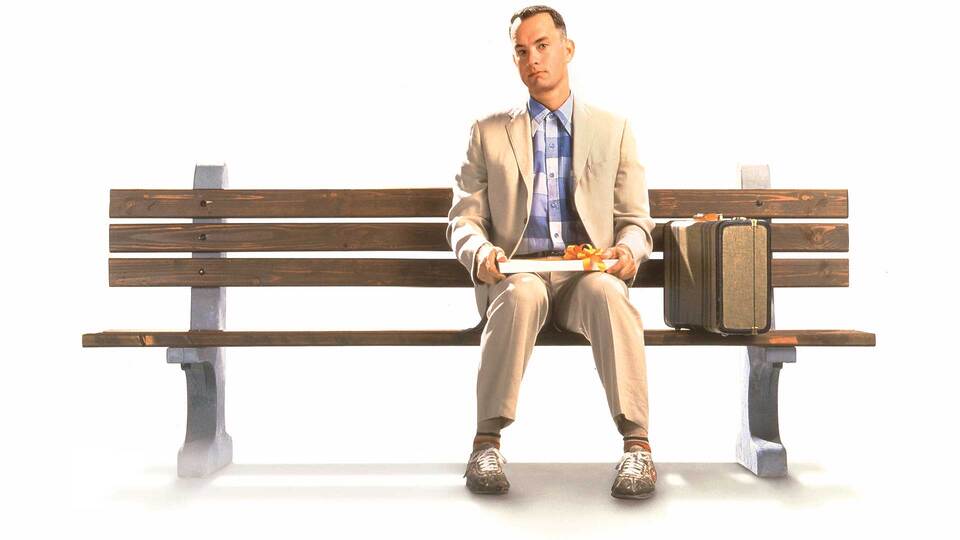Bring me to life – A review of Evanescence.
Darkly poetic, haunting and melodic, Evanescence burst onto to the scene with their debut studio album, Fallen, in 2003. Formed in 1995 in Little Rock, Arkansas, by Amy Lee and Ben Moody, Evanescence have an unmistakable sound and it’s difficult to pin them to a single genre. A core memory I, and anyone else who grew up on the alternative side likely has, is belting out Bring Me To Life in my teenage bedroom, sporting black lipstick and desperately longing for an emo fringe. It’s been a while since I’ve sat down to listen to them as intently as I would have back then, but Evanescence still holds a special place in my nostalgic, emo heart.
Evanescence is able to perform with a type of cinematic drama. Amy Lee’s strong, operatic vocals convey feeling in a melodramatic but effective way, piano-driven ballads mix well with with heavy guitar riffs, and the lyrics are often sentimental and devastatingly sad. The band blends gothic rock with alternative metal, creating a nuanced and instantly recognisable sound. Every song is full of difficult themes such as self-empowerment, loss and heartbreak, but are also full of tenacity and resilience, offering a little hope within which are often relatively bleak lyrics.
Fallen was the album which won the band international acclaim, radio time and multiple Grammy Awards. This is unsurprising, with the album including memorable tracks such as “Bring Me To Life” and “My Immortal”. This is one of the first albums that made me interested in gothic culture, metal and rock, and I would often list off Evanescence as a favourite band alongside the likes of My Chemical Romance and Paramore. The songwriting was poetic and had the ability to convey raw emotion in a way that was pretty new to me at the time. Amy Lee would combine personal experience with relatable themes such as pain, loss, trauma and healing. Was it a happy and joyful album to listen to? No. But did I enjoy trying to reach the notes that Amy Lee could? Absolutely.
As the band developed, the albums that followed developed with them. The Open Door released in 2006 and focussed slightly more on Lee’s classical piano training and orchestration. 2011 saw the band return to more of their signature heavy guitar riffs but kept the emphasis on emotion that we all knew and loved them for. Evanescence was also not above reimagining older work, and in 2017 Synthesis was released, an experimental album which reimagined their older work, showing a softer side with occasional acoustic sounds. It was still dramatic of course, but the album had a more orchestral and electronic feel than their previous work had. Finally, in 2021 The Bitter Truth was released, the latest offering of the band and offering new, unreleased songs such as Wasted on You and Use My Voice. The album focussed on themes of hope and resilience, but in true Evanescence style, also loss, and it has a more modern rock sound than their previous work.
Despite my nostalgia for them, I can’t really claim to be a big fan of Evanescence nowadays. I can’t deny their talent, and some of their earliest songs will always remain firm favourites for me, but the band aren’t without their issues. I do find their sound, as iconic as it is, to also be pretty repetitive and predictable, and I can’t pretend that I don’t find their work to also often be deeply depressing. Melodrama is fun, but Evanescence are highly reliant on it, and that gets old after a while.
It's also worth noting that the band hasn’t really been able to maintain a consistent line up. For example, early in their musical career, Ben Moody abruptly left the band. The official reason given was creative differences, but there is more to it than this; Moody and Lee’s working relationship had deteriorated to the point of them essentially hating each other, with the stress of their newfound fame certainly adding to the pressure on their friendship. Allegations of angry and abusive behaviour are often cited when Moody leaving comes up in conversation, and it’s clear that the two simply couldn’t work together anymore. A lack of cohesion in the band, whatever the reason, was bound to have an impact on the music, and there are times in the later albums when it just lacks the raw edge that early Evanescence had.
Despite the draw backs, I also don’t dislike Evanescence. Introspective, cathartic and reflective, Evanescence still has an iconic and recognisable sound, and they will always be one of the reasons that I started listening to alternative music in the first place. I think of them as a gateway band; without them, I likely never would have looked further into gothic subcultures or explored more rock and metal music, so if for nothing else, I will be forever grateful to them for that.
Written by Tam Page

No comments yet.
Leave a Reply
Your email address will not be published. Required fields are marked *





Comments: